A Customer Relationship Manager (CRM) is a powerful tool for businesses to manage their customer relationships. It enables companies to track customer interactions and data, analyze customer behavior, and build better relationships with customers.
Using a CRM can help businesses save time by streamlining their processes and automating manual tasks such as tracking sales leads and managing customer data. It also helps them gain insights into their customers’ needs, preferences, and buying patterns so that they can tailor their services accordingly.
Moreover, CRMs such as Microsoft Dynamics and Salesforce have powerful features that allow companies to monitor performance metrics, create custom reports, identify trends in customer behavior, and more. With the use of a CRM system, businesses can ensure that they are providing the best possible service to their customers while maximizing profits.
Migrating CRM data from one platform to another is a complex process. It requires careful planning and attention to detail in order to ensure that the data is transferred accurately and efficiently. Unfortunately, mistakes during this process can lead to costly errors and disruptions in service. In this article, we will discuss some of the most common mistakes made during CRM migrations and how they can be avoided. There are many costs associated with a CRM migration, including labor costs, software costs, and hardware costs.
CRM tools are essential for businesses that want to maximize their sales and customer retention. These tools use analytics to track customer data, automate sales processes, and provide automated customer support. They also have lead management systems that allow businesses to track prospects, nurture leads, and convert them into customers. With the help of these tools, businesses can identify potential customers and target them with personalized messages. This helps to increase sales and build relationships with customers for better customer retention.
Customer Relationship Management (CRM) analytics tools are designed to help businesses understand their customers better. These tools track various types of customer data, such as customer interactions, purchase history, and preferences. This data is used to create detailed customer profiles which can be used to personalize marketing campaigns and increase sales. CRM analytics tools also track customer sentiment and feedback, allowing businesses to identify areas of improvement in their products or services. By understanding their customers better, businesses can make more informed decisions about how they should market their products or services and improve the overall customer experience.
A CRM (Customer Relationship Management) system can be a great tool for automating sales processes. It allows you to manage customer data, track leads, and automate tasks such as email campaigns and follow-up calls. By using a CRM, you can streamline your sales process and reduce the amount of time and effort it takes to close deals. With the right CRM setup, you can quickly identify opportunities, nurture leads, and convert more prospects into customers. Additionally, a CRM system can help you better understand your customer’s needs and preferences so that you can provide personalized experiences that will keep them coming back for more.
i4C can help advise you about the best CRM for your business and complete the implementation and data migration process, contact us today for more information.
